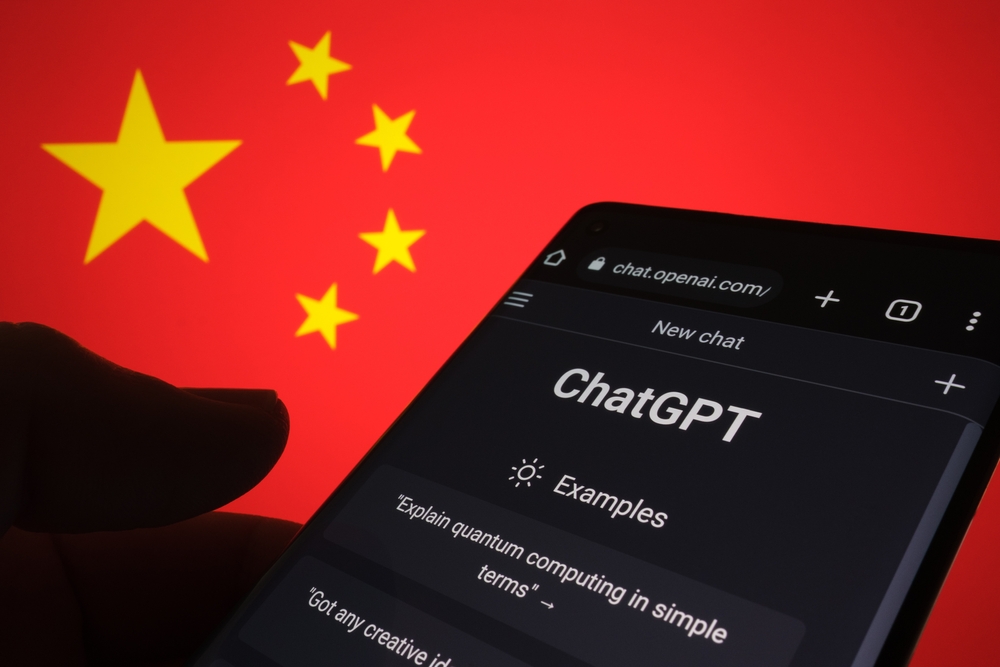OpenAI has urged the Trump administration to classify AI training on copyrighted material as “fair use.” The company argues that unrestricted data access is crucial for the United States to maintain its leadership in artificial intelligence.
According to Ars Technica, OpenAI hopes Trump’s AI action plan, set for release in July, will settle copyright disputes in favor of tech companies. The company believes that without this protection, the U.S. could fall behind in the global AI race, as China benefits from fewer restrictions on data access. OpenAI warns that limiting AI training on copyrighted works could give China a competitive edge.

Copyright Battles and Legal Precedents
U.S. courts are currently debating whether AI training on copyrighted material is lawful. Copyright holders argue that AI models undermine the value of creative works by replicating them without authorization. Several lawsuits claim that AI-generated content mirrors copyrighted materials too closely, threatening the financial stability of artists, writers, and media organizations.
A key precedent was set in a case involving Thomson Reuters, where the court ruled that training AI on its materials was not fair use. The court determined that AI-generated outputs could replace the original content, negatively impacting its market. This ruling may influence other cases, including The New York Times’ lawsuit against OpenAI and Microsoft.
Recognizing this risk, OpenAI hopes the Trump administration will intervene and adjust copyright regulations to favor AI development. The company maintains that barring AI from using copyrighted materials would put American companies at a disadvantage compared to China. “If Chinese developers have unrestricted access to data while American firms face legal roadblocks, the AI race is effectively over,” OpenAI stated.
Legislative Hurdles and National Security Concerns
OpenAI also opposes various state-level legislative efforts that could restrict AI development. In 2025 alone, 832 bills regulating AI have been proposed across different U.S. states. OpenAI warns that fragmented regulations could weaken the country’s technological edge and pose national security risks. The company argues that strict AI restrictions could enable Chinese firms to operate without similar constraints, leading to potential threats such as AI manipulation, cybercrime, and identity fraud.
To safeguard the American AI industry, OpenAI urges Trump to support federal legislation that would unify regulations and promote collaboration between the government and tech firms, adds NIXSolutions. Such partnerships, the company suggests, could allow AI developers to share data and expertise in exchange for legal protection and regulatory clarity.
Additionally, OpenAI calls for greater U.S. involvement in shaping international copyright policies to prevent foreign governments from imposing restrictions that could hinder American companies. The company stresses that China’s rapid advancements in AI necessitate urgent action to maintain U.S. leadership in the field.
As discussions around AI regulation continue, we’ll keep you updated on the latest developments.
